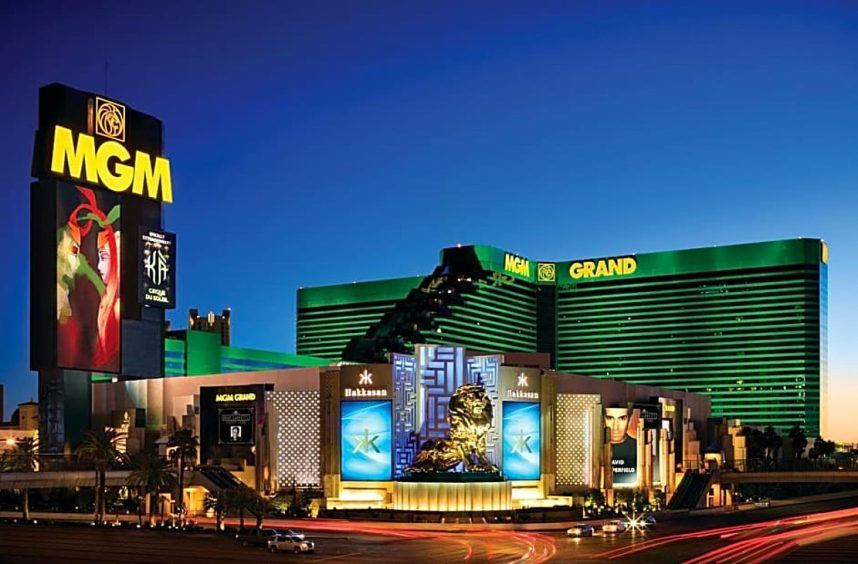MGM Hit With ‘Sell’ Rating By Goldman Sachs
Posted on: July 7, 2025, 02:32h.
Last updated on: July 7, 2025, 02:44h.
- Bank says lease obligations, spending plans could crimp MGM’s free cash flow
- MGM has limited prospects for asset sales, says analyst
Following three consecutive weekly gains, shares of MGM Resorts International (NYSE: MGM) retreated Monday following negative commentary on the casino stock by Goldman Sachs.

Analyst Lizzy Dove initiated coverage on a variety of gaming equities on Monday, including the Bellagio operator. Dove notes the casino industry is “ripe for stock picking,” but specific to MGM, the analyst points out the stock could be hampered by exposure to the Las Vegas Strip, upcoming large-scale spending plans, and lease obligations on its casino hotels. She rates MGM “sell” with a $34 price target, implying about 10% downside from the July 3 close.
With MGM’s significant lease burden and upcoming capex cycle for projects that are not opening in the near-to-medium term (Japan 2030+), we see unfavorable risk/reward against this macro, given the pressure on free cash flow generation, which we expect to weigh on capital returns and valuation,” wrote Dove in a report to clients.
In 2016, MGM spun off MGM Growth Properties (MGP), creating a real estate holding company for its various property assets. MGP was sold to VICI Properties (NYSE: VICI) for $17.2 billion in 2022. Today, VICI and Blackstone (NYSE: BX) own nearly all of the domestic real estate on which MGM casino hotels reside, leaving the operator with $1.8 billion in annual lease and spending commitments, according to Goldman Sachs.
Las Vegas Weighs on MGM Stock Thesis
In a more sanguine macroeconomic environment, MGM’s status as the largest operator on the Las Vegas Strip would be a potential source of allure, but that’s not the current state of affairs.
The stock’s 15.58% gain over the past month obfuscates weakness in its largest market where monthly gross gaming revenue (GGR) figures are in the midst of a multi-month slide. Some experts believe slack monthly GGR figures in Las Vegas are the result of volatile trade policy from the White House, which has weighed on international visitation to the US casino center.
Others argue that Las Vegas operators, including MGM, have made visits to the city nearly unaffordable for middle-class folks, adding the companies are consistently nickel-and-diming customers to the point that Sin City vacations aren’t attractive.
Dove called the current climate in Las Vegas “choppy,” adding that the city faces heightened macroeconomic risks which are a potential drag on shares of MGM because the Cosmopolitan operator is the most macro-sensitive name in the bank’s gaming coverage space.
MGM Not Entirely Bereft of Assets to Sell
As noted above, MGM doesn’t own any of the real estate on which its US gaming venues reside, but that doesn’t mean it has no assets to sell to raise cash, if needed.
Last year, rumors surfaced the operator was mulling sales of the operating rights for its regional casinos in Massachusetts and Ohio. MGM has already monetized the real estate of MGM Northfield Park and MGM Springfield.
While deals have yet to materialize for those venues, MGM has previously sold operating rights on casinos where the land was owned by a third party, doing so with the Mirage on the Las Vegas Strip and a regional casino in Mississippi.
No comments yet